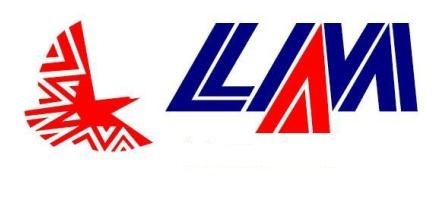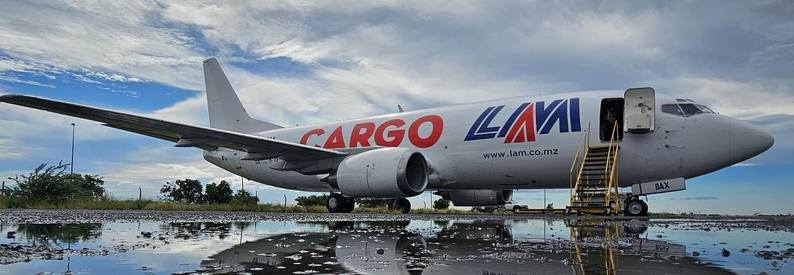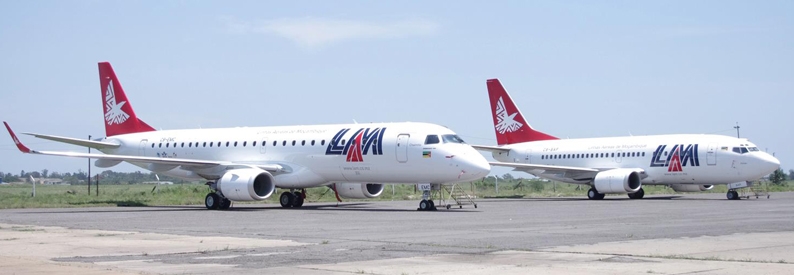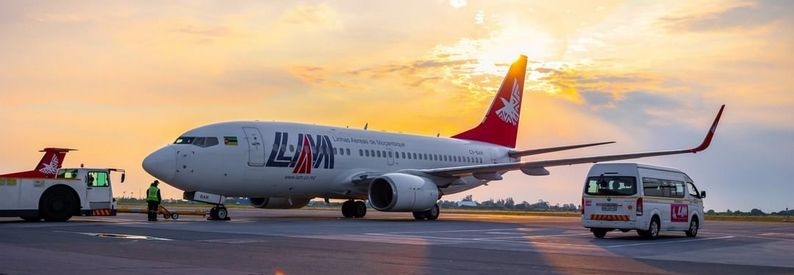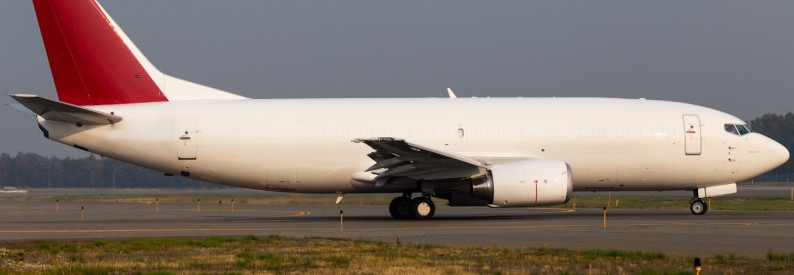LAM - Linhas Aéreas de Moçambique (TM, Maputo) has put all fleet and network expansion plans on hold while it grapples with growing losses airline chairman Antonio Pinto de Abreu has revealed.
Speaking to the official Agencia de Informacao de Mocambique (AIM) this week, de Abreu said the state-owned carrier had USD160 million worth of debt at the beginning of the year although this figure has now been brought down to USD139 million.
“LAM is not in a healthy situation," he said. "Accounts for 2015 show the company running a deficit which can be attributed to structural reasons.”
de Abreu says LAM's decision to acquire a trio of B737 NextGen aircraft (initially B737-700s then converted to B737-800s) from Boeing (BOE, Washington National) was partly to blame for its dire financial situation.
“LAM has decided to retreat from the decision to buy new aircraft, the first of which was to have arrived in November, because it does not have the financial means to pay for them," he said adding that talks were underway with the US manufacturer to recover some of the downpayments already made.
LAM currently operates a diverse fleet of three Dash 8-400s (all on lease from AeroCentury), one B737-500, one B737-700 (leased from AerCap), and two E190s while its MEX - Mocambique Expresso (MXE, Maputo) feeder subsidiary operates two E120RTs and three E145s (one of which is leased from CIE Catalina Bail). The lack of fleet homogenity has also added to the company's debt burden de Abreu noted.
Together, the two carriers serve Beira, Lichinga, Nampula, Pemba, MZ, Quelimane, Inhambane, Chimoio, and Tete locally and Harare International, Johannesburg O.R. Tambo, Nairobi Jomo Kenyatta, and Dar es Salaam regionally. Given the decision to freeze its fleet expansion plans, a previous initiative to serve all the capitals of the Southern African Development Community (SADC) bloc has also been put on hold for the time being.
In April this year, Mozambique's credit ratings were cut after the southern African nation disclosed it had taken on over USD2 billion of secret public debt during the Armando Guebuza administration of 2005-15.
In May, the IMF and the Group of 14 (G14) budget support donors, which includes the United States, Canada, and Portugal, suspended all direct funding forcing government to embark on an austerity programme to help mitigate the budgetary hole. Thus far, the fiscus has throttled back disbursements to all government entities, with the exception of health and education.
